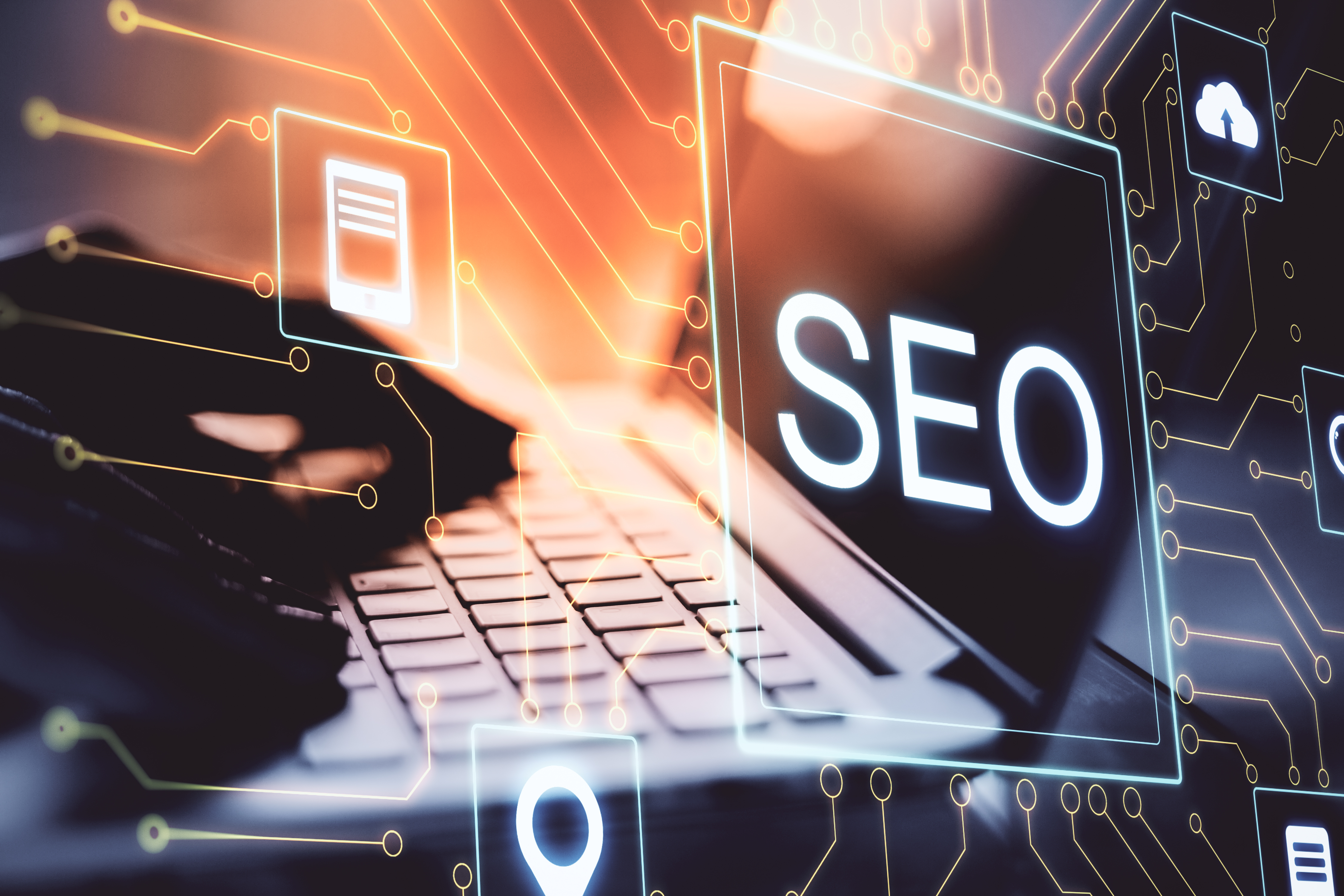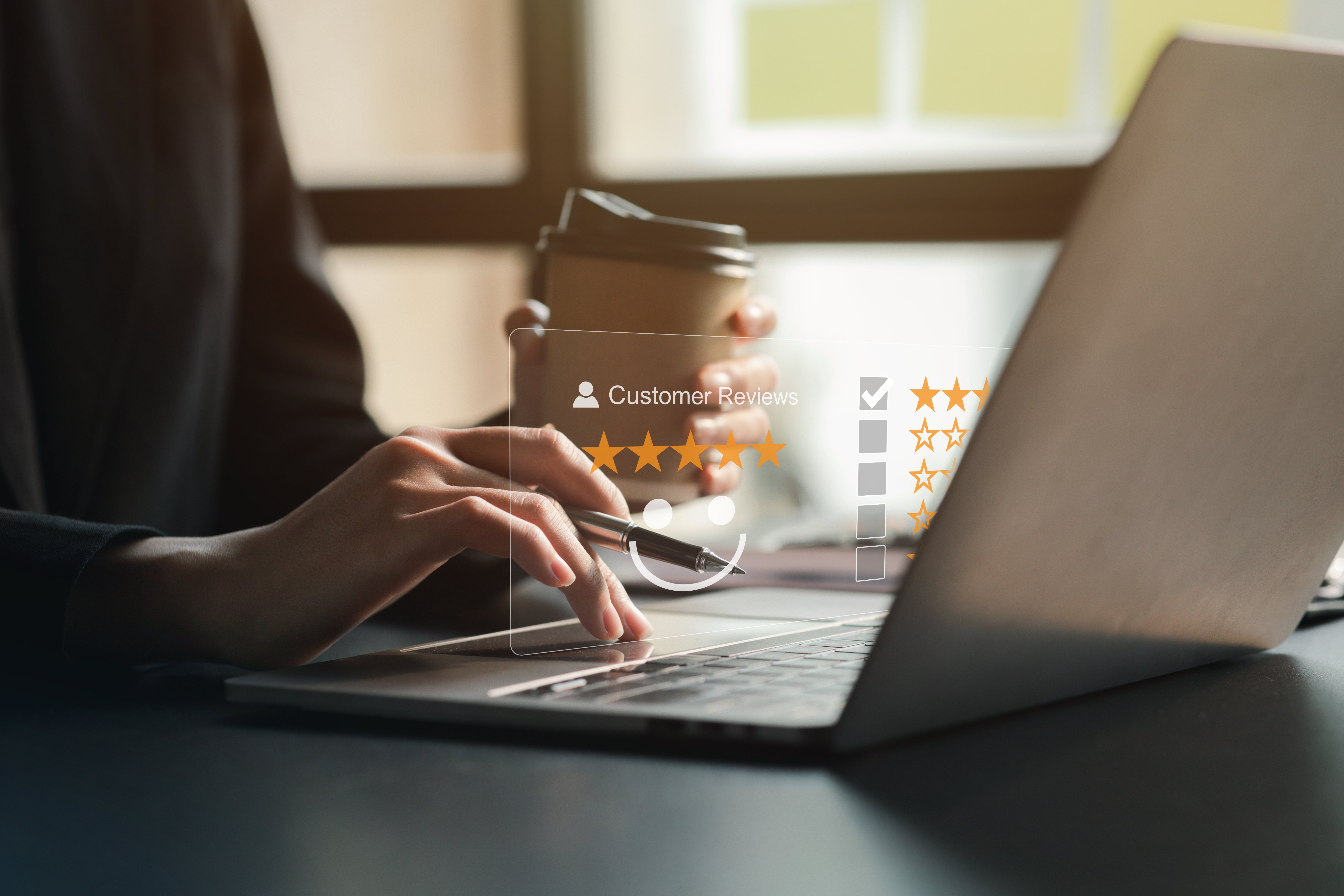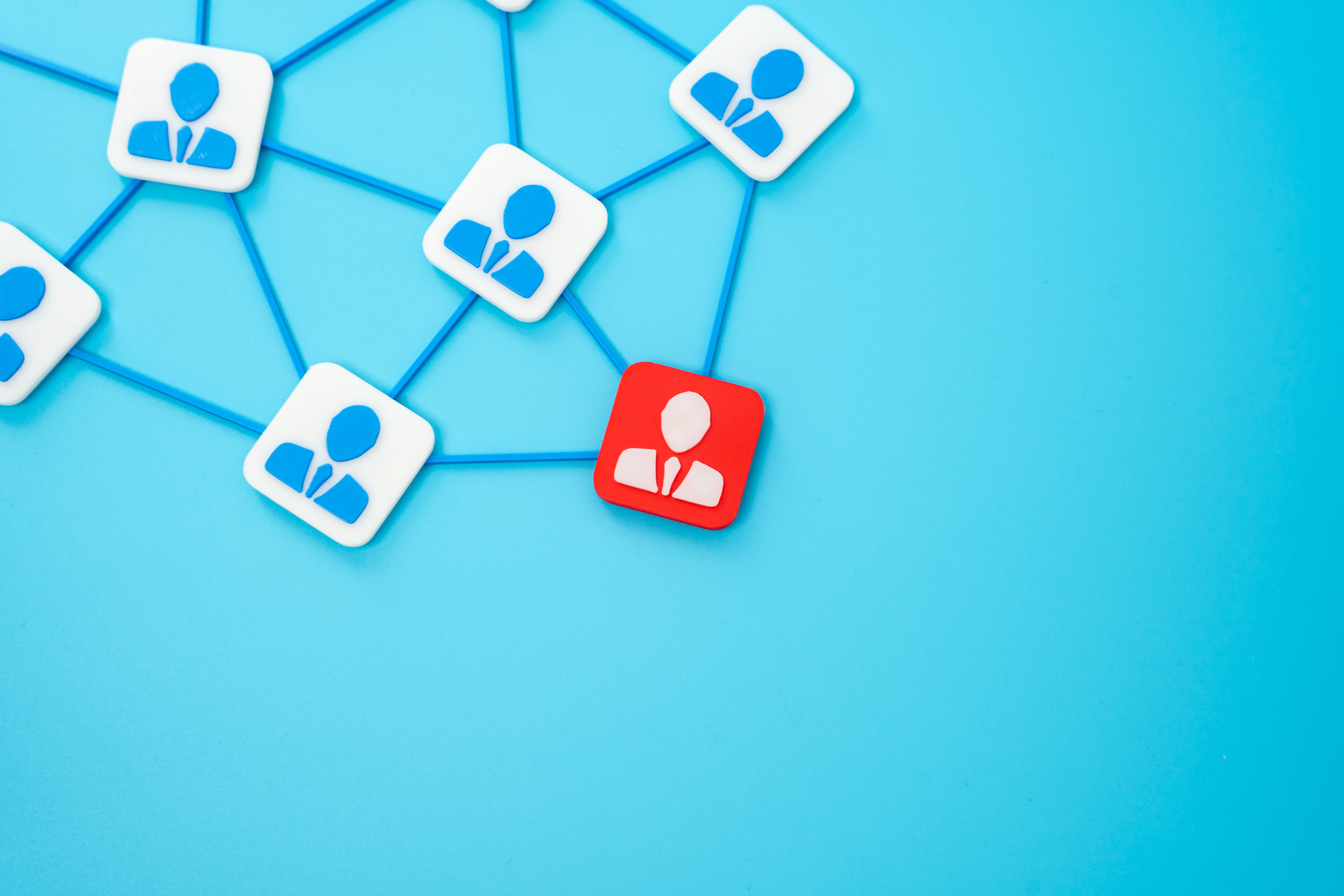
The Power of Email Marketing Personalization: Strategies to Boost Engagement and Retention
Email marketing is one of the most effective ways to connect with your audience, but simply sending out blanket emails isn't enough anymore. Personalization has become a game-changer, driving higher engagement and building lasting customer relationships.
This blog will explore why email marketing personalization is essential, how to implement it, and the tools you can use to make your campaigns work smarter, not harder.
The Power of Personalized Marketing Emails
A personalized email marketing campaign offers many advantages. It is tailored specifically to engage and connect with individual customers.
Sending relevant and tailored emails to customers can help drive higher open rates, click-throughs, and conversions. Moreover, leveraging customer data allows you to create dynamic content that resonates with your customer base.
Here are a few reasons why personalized email marketing is powerful:
Tailored Shopping Experiences
In ecommerce, tailored shopping experiences can turn a one-time buyer into a loyal customer. Personalized email campaigns play a key role in delivering these experiences.
By analyzing consumer behavior, purchase history, and browsing patterns, your company can provide personalized product recommendations directly to each customer's inbox. This saves customers time and makes their shopping experience more convenient and enjoyable. Additionally, customized email content allows brands to promote exclusive deals, discounts, and offers aligned with each customer's preferences.
By incorporating personalized product recommendations through an email marketing platform, you ensure relevancy while making customers feel valued and appreciated, fostering long-term loyalty toward your brand.
 Driving Sales and Revenue
Driving Sales and Revenue
Personalized email campaigns are a game-changer for driving sales and boosting revenue in ecommerce. In fact, a study by Experian revealed that personalized emails can achieve transaction rates six times higher than their generic counterparts.
Tailored product recommendations are particularly effective in capturing customer interest. By offering personalized suggestions or exclusive deals, you can significantly boost click-through rates and conversions. Highlighting products based on a customer’s browsing history or previous purchases allows you to align with their preferences, making it more likely they’ll complete a purchase.
Additionally, personalized discounts and promotional offers can create a sense of urgency, motivating customers to act quickly and finalize their purchases. By tapping into their existing interests and providing an individualized shopping experience, your business can drive higher engagement and revenue growth.
Enhancing Customer Loyalty and Building Trust
The power of personalized emails goes far beyond driving sales or boosting engagement—it’s essential for building trust and loyalty with ecommerce customers. Research shows that nearly three-quarters of online shoppers not only appreciate personalized attention but expect it. By recognizing and addressing the unique needs of their customers, ecommerce businesses create stronger connections and trust.
Automated birthday or anniversary emails are a perfect example of how personalization can make a lasting impact. Whether it’s a thoughtful birthday message, an anniversary discount, or tailored product recommendations based on past purchases, these gestures show a brand’s commitment to treating each customer as an individual, leaving a meaningful and memorable impression.
Strengthening Buyer-Seller Relationships
At the same time, personalized emails can foster a deeper relationship between the customer and the brand through their unique and personalized nature. This relationship often translates into increased customer loyalty, repeat purchases, and customer retention – all of which are key revenue drivers for ecommerce ventures.
By harnessing the power of personalized email campaigns, ecommerce businesses can not only boost sales and revenue but also deliver a more engaging and satisfying shopping experience for their customers.
Maximizing Customer Lifetime Value
Over time, personalized emails help foster stronger customer relationships, driving repeat purchases and boosting customer retention. By building trust through tailored communication, your brand becomes synonymous with reliability and customer focus, laying the groundwork for long-term loyalty and higher customer lifetime value (CLV).
When customers trust your business, they’re more likely to keep shopping with you, especially when enticed by exclusive discounts and customized offers. These repeat purchases over time significantly enhance their overall CLV.
Integrating personalization into your email marketing strategy isn’t just about boosting immediate sales—it’s a strategic investment in your business’s future and the enduring relationships with your customers.
How to Implement Email Personalization
Understanding the benefits of personalized emails is just the foundation; the next critical step is learning how to roll out these strategies into your ecommerce business.
Now, let's delve into practical ways to start personalizing your emails effectively.
 Step 1: Collect and Analyze Customer Data
Step 1: Collect and Analyze Customer Data
Start by collecting as much customer data as possible. This can include information gathered at the time of signup, purchase history, browsing patterns, and any other interactions a customer has had with your brand.
You can use various tools for this task, such as customer relationship management (CRM) software, analytics solutions, and marketing automation tools.
With these kinds of systems in place, you can easily track a customer's journey with your business and analyze their behavior to understand their needs and preferences better.
Step 2: Segment Your Email List
After gathering customer data, you can start segmenting your email list. Group customers into distinct segments based on their characteristics, buying preferences, expressed interests, and user behavior.
To achieve this, you can use email marketing software such as MailChimp, Constant Contact, or Brevo (formerly Sendinblue). For ecommerce businesses, segmentation could include dividing customers by factors such as sex, age, location, interests, and previous purchases. Additionally, behavioral data like browsing activity, cart abandonment, purchase frequency, and engagement with past email campaigns should be considered.
By leveraging these insights, you can craft personalized, targeted emails for each segment instead of sending out generic messages that apply to everyone.
Step 3: Craft Personalized Content
Now, it’s time to create content tailored to each segment. Your content should address the unique needs and interests of each group. Examples include customized product recommendations, exclusive discounts, and personalized messages.
Start by using personalized greetings, such as including the customer’s name, and build on their previous interactions with your brand. Tailor the message body to reflect their preferences or past purchases. This approach makes your content more engaging and fosters a sense of genuine, one-on-one connection with your audience.
Step 4: Test Your Emails
Before completing the initial rollout, it's crucial to thoroughly test your emails to ensure everything works seamlessly. Review the design, content, segmentation, and all other elements to confirm their accuracy.
This step is vital to guarantee a smooth delivery of personalized emails, leaving no room for errors that could disrupt the customer experience.
Step 5: Monitor and Optimize Your Campaign
Finally, once the campaign is live, monitor its performance. Pay attention to key metrics, including open rates, click-through rates, and conversion rates.
Based on these insights, tweak and optimize your campaigns for better performance. Remember, personalization is an ongoing process, and success comes with constant refinement and learning.
Best Practices for Crafting Personalized Emails
Creating personalized emails for B2C shoppers is a delicate balance of creativity and strategy. It demands a deep understanding of your audience, an ability to craft engaging content and a thoughtful approach to execution.
In this section, we'll explore top email personalization strategies designed to help you craft impactful, tailored emails that truly connect with your audience. By enhancing their experience, these strategies not only build stronger customer relationships but also drive higher conversion rates.
Using Customer Names in Personalized Emails
Using a customer’s name in personalized emails is a simple yet highly effective way to build stronger connections with your audience. While it may seem minor, research shows that emails with personalized subject lines are 26% more likely to be opened.
However, personalization shouldn’t stop at the subject line—integrating the customer’s name throughout the email can significantly enhance its impact. Starting with a personalized greeting sets a warm, approachable tone and shows the recipient they are valued. Including their name in the body of the email or even in the call-to-action can make your message feel more tailored and persuasive.
However, the key to success lies in balance. Using a customer’s name should feel natural and authentic. Overdoing it can come across as insincere and risk damaging the customer’s trust in your brand. When done thoughtfully, personalization can turn a standard email into a meaningful, engaging interaction.
Personalizing the Subject Line
The subject line is your customer’s first point of contact with your email and plays a crucial role in determining whether it gets opened or sent straight to the trash. Personalizing your subject line is a powerful way to stand out in crowded inboxes and boost open rates.
To craft a personalized subject line, consider including the customer’s name or referencing their past interactions with your brand. For example, subject lines like "For example, "Emily, your favorite serum is back in stock!" or "Jessica, don’t miss these exclusive skincare deals just for you!" are more likely to catch attention and spark curiosity.
You can also personalize the email by referencing a customer’s purchase or browsing history. For instance, "Loving your new foundation, Mia? Here’s the perfect primer to pair with it" or "Amanda, complete your skincare routine with these must-try products." These examples make the email feel relevant and engaging to the recipient.
The key to personalization is to make the message feel thoughtful and genuine, not like a generic marketing push. However, it’s essential to ensure your subject lines are always honest and relevant. Misleading lines may result in quick opens, but they can damage trust and drive users to unsubscribe.
When used effectively, personalized subject lines can not only increase open rates but also foster stronger connections with your audience.
.jpg?width=600&height=400&name=email-notification-woman-hand-on-the-computer-lap-2024-12-07-17-23-26-utc%20(2).jpg) Sending Behavior-Triggered Emails
Sending Behavior-Triggered Emails
Behavior-triggered emails are another powerful email marketing tool for personalized B2C outreach. These emails are automatically sent out based on specific actions taken by the customer. This can include purchasing, abandoning a shopping cart, or browsing a particular product category.
By acknowledging and responding to the customer's behavior in real time, these emails can create a highly personalized and engaging shopping experience.
For instance, if a customer abandons their shopping cart, you can send an email reminding them of the products they left behind and offer a small discount to incentivize a final purchase. Similarly, if a customer shows interest in a specific product category, you can send them emails featuring new arrivals or best-sellers in that category.
However, to effectively implement behavior-triggered emails, you must strike a balance. You don't want to overwhelm your customers with too many emails, which can lead to unsubscribes. Always respect your customers' time and inbox space by keeping your emails relevant, compelling, and timely.
Bonus Email Tips:
- Leverage Dynamic Content: In addition to personalization, dynamic content is a powerful tool for crafting emails tailored to specific audiences. By designing multiple versions of an email to match different demographics or interests, you can deliver messages that are more relevant, engaging, and impactful.
- Incorporate Urgency or Exclusivity: Creating a sense of urgency or exclusivity can make your audience feel special and compelled to act, boosting engagement and conversions.
- Keep Subject Lines Concise: Aim for subject lines under 40 characters or 5 to 7 words to capture attention quickly and effectively. Longer subject lines may be cut off or lose impact.
- Use Humor: When appropriate, humor can add a personal touch and make your emails more relatable. Just be sure to keep it tasteful and in line with your brand's tone.
Conclusion
Email marketing personalization isn’t just a passing trend—it’s the future of effective communication and increased customer engagement. With the power of data, AI-driven insights, and advanced email marketing tools, businesses can now create tailored campaigns that drive retention and boost customer engagement.
Ready to see measurable results? Start adopting these strategies today. Unsure where to begin? BlueTuskr, an e-commerce marketing agency, is here to help. As a specialized e-commerce marketing agency, we deliver comprehensive email marketing solutions designed to fit your unique business needs.
Our expertise in e-commerce email marketing helps online stores unlock the full potential of personalized email campaigns. From crafting strategy to implementation, we’ll provide actionable solutions to increase customer engagement and help your business stand out in today’s competitive market. Let’s work together to turn email marketing into a growth engine for your e-commerce success.
Connect With Us
Recent Post

.png)





Tell us what you think!